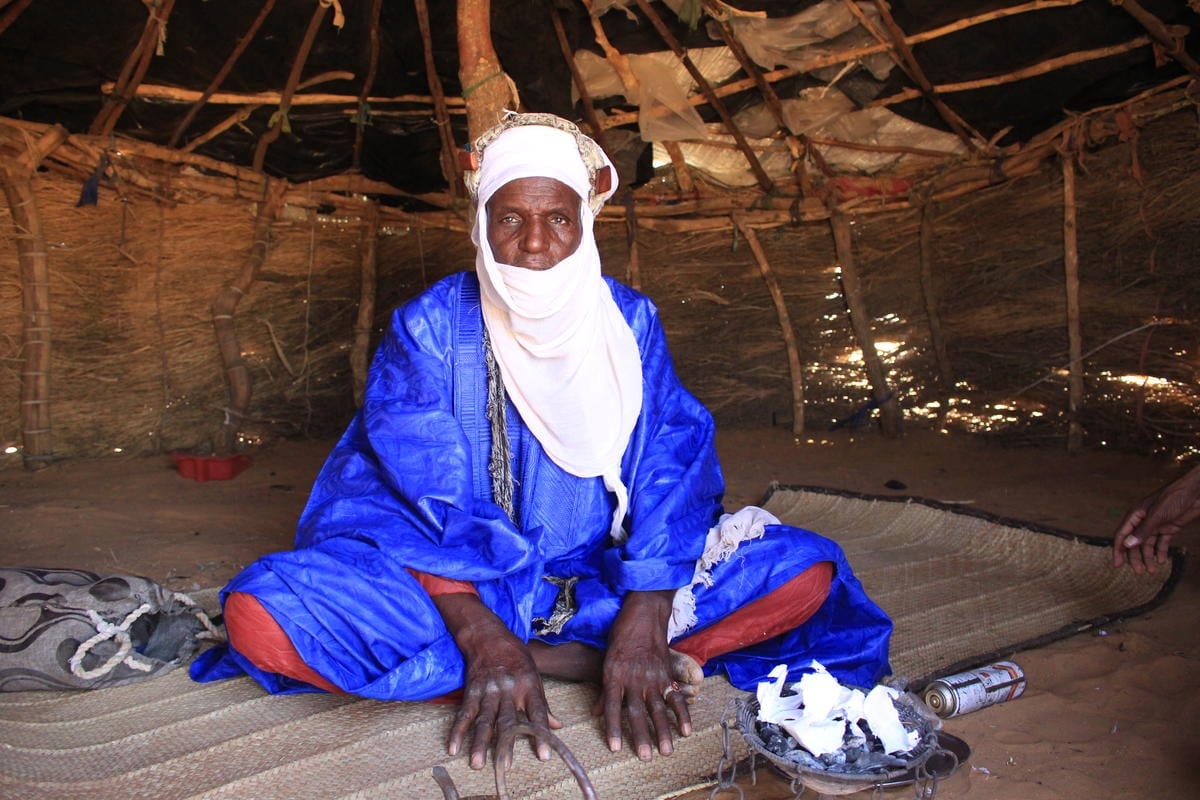UNHCR calls on leaders at EuroMed Summit to end humanitarian crisis in the Mediterranean
UNHCR calls on leaders at EuroMed Summit to end humanitarian crisis in the Mediterranean

GENEVA, November 25 (UNHCR) - The UN refugee agency is calling on the leaders of 35 European and Southern Mediterranean (EuroMed) countries that are meeting this weekend in Barcelona to strengthen their commitments to the principles of refugee protection.
The heads of state and government of the 25 EU member states and ten Mediterranean partners will gather together for the first time since the launch in November 1995 of the Barcelona Process which aimed to encourage political, economic and social cooperation between countries in the Mediterranean basin.
The ten southern Mediterranean partners are Algeria, Egypt, Israel, Jordan, Lebanon, Morocco, the Palestinian Authority, Syria, Tunisia and Turkey. Libya will also be present as an observer.
Cooperation on population movements across the Mediterranean Sea will be one of the top issues on the agenda at the EuroMed Summit. Every year, thousands of migrants and refugees wishing to reach Europe undertake the perilous journey through the Mediterranean Sea in order to escape persecution or war, or simply to improve their economic prospects. The human tragedy associated with the rising death toll at sea, and recent events involving Spain's North African enclaves and Morocco, has added greater urgency to these discussions.
"This situation has now reached the proportions of a major humanitarian crisis and requires urgent action from all the countries concerned," UNHCR spokeswoman Jennifer Pagonis said on Friday. "Preventing further loss of life needs to be a clear priority in the framework of the EuroMed partnership," she added.
Her words echoed those of European Commission President José Manuel Barroso, who on Thursday said he hoped "that progress will be made, because we are continuing to experience tragic humanitarian crises."
Among those caught up in irregular movements to Europe, whether by land or by sea, are people looking for better economic prospects, but also people fleeing persecution, conflict or indiscriminate violence.
"States have a legal and moral responsibility to provide protection to those in need", Pagonis said. "The question is how to ensure that those seeking asylum have an effective access to fair and efficient determination procedures, even if they arrive together with people migrating for other reasons."
UNHCR appealed to the EuroMed countries to make specific references to the principles of international refugee protection in their work plan. In particular, the UN refugee agency stressed that the principle of non-refoulement - which prohibits states from sending people back to territories where their life or freedom are threatened - must be respected. In order to fulfil their international obligations, states need to ensure that refugees and others in need of international protection are not included in any returns of irregular migrants to their countries of origin.
Despite public perceptions in Europe, developing countries are hosting the overwhelming majority of the world's refugees. Africa, in particular, is home to some 2.75 million refugees. The number of asylum applications in Europe has been steadily falling and is now at its lowest level for 17 years. During the first half of this year, the number of new applications in the European Union was 19 percent lower than during the first six months of 2004 and 30 percent lower than during the same period two years ago.









